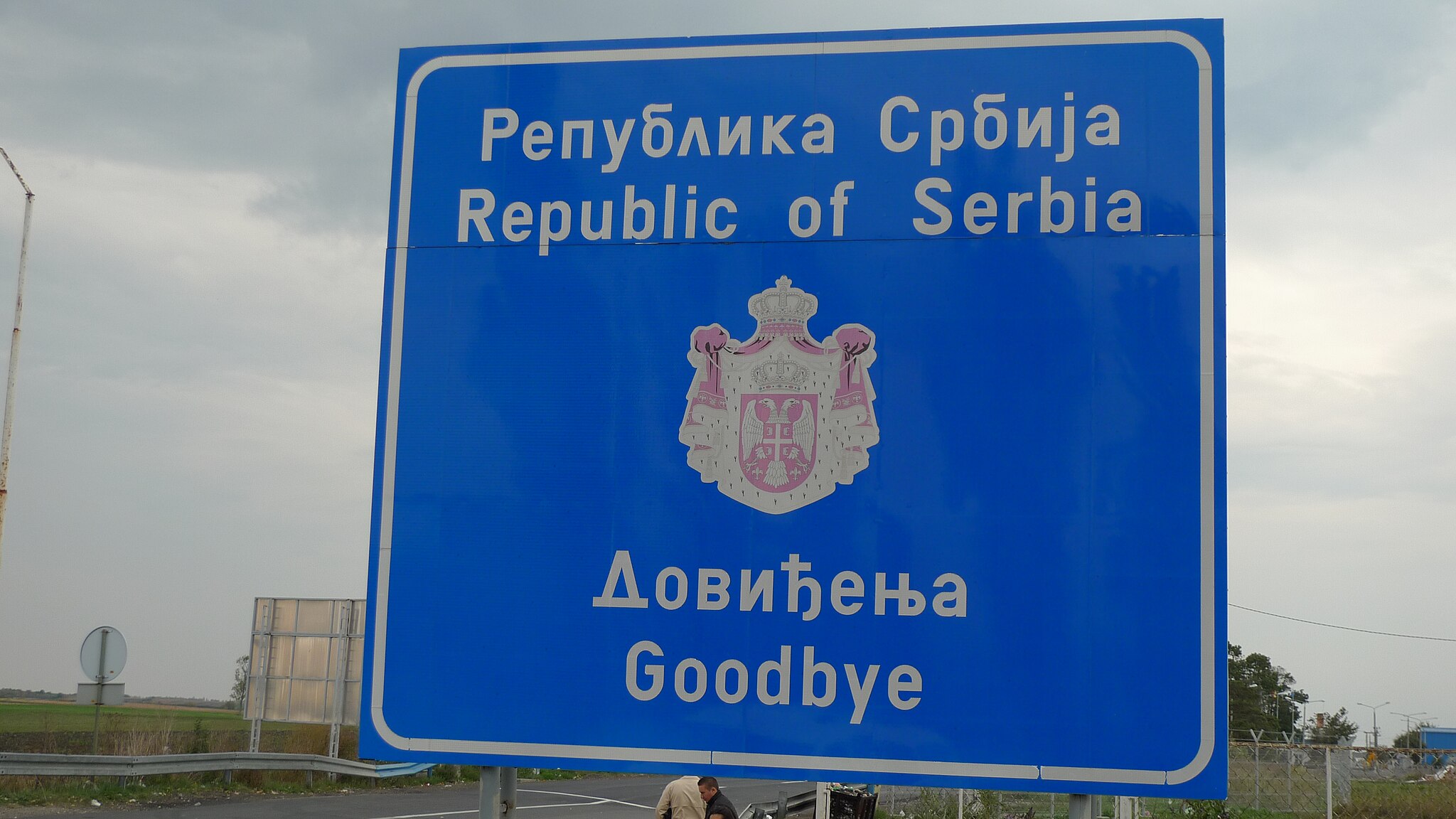Voices from the Sylff Community
Cultural rights are constitutionally guaranteed in Serbia, yet face significant challenges due to limited funding, brain drain, and economic instability. This report by Aleksa Nikolic (University of Belgrade, 2024) examines Serbia’s legal framework and steps toward improvement.
* * *
What Are Cultural Rights?
Pok Yin Chow begins his recently published book Cultural Rights in International Law and Discourse: Contemporary Challenges and Interdisciplinary Perspectives with an introduction entitled “Cultural Rights—A Radical Hope?” In it, Chow tries to show that cultural rights are an integral component of human rights that are as fundamental as civil, political, economic, and social rights. The disintegration of the bipolar world has served to highlight the importance of this aspect of human rights, providing us with a much-needed perspective on how we can explore, negotiate, and come to a deeper understanding of various cultures.
Cultural rights can be assessed as a precondition for the protection of other human rights. They are also critical considerations in numerous hotspots, such as conflict and post-conflict zones. Cultural rights can serve as pillars in the development of society and its legal system.
Cultural Rights under Serbian Law
Human rights are guaranteed in the current Constitution of the Republic of Serbia (Article 18). Given the fact that Serbia has ratified the most important international legal conventions on human rights, one gets the impression that these guarantees are unnecessarily duplicated in the Constitution. However, Serbia is by no means an exception, considering that the global trend is for not only the constitutionalization of international law but also the internationalization of constitutional law, especially in the field of human rights.
Constitutional references to cultural rights in only three articles (Articles 71–73), though, testify to the fact that they have advanced the least in their evolution compared to other human rights. Article 71 guarantees that everyone has the “right to education” and that the government “shall provide for free tertiary education to successful and talented students of lower property status in accordance with the law.” Article 72 guarantees the autonomy of universities, faculties, and scientific institutions, which “shall decide freely on their organization and work in accordance with the law.”
Article 73 proclaims that “scientific and artistic creativity shall be unrestricted,” with authors of scientific and artistic works being “guaranteed moral and material rights in accordance with the law” and the Republic of Serbia assisting and promoting the “development of science, culture and art.”
The wording of these provisions suggests, though, that the Constitution guarantees cultural rights only in principle, with specific protections being elucidated by legal acts.

A border sign saying “Goodbye” from the Republic of Serbia. CC BY 2.0 via Wikimedia Commons
Upholding Cultural Rights in Practice
The key problem related to upholding cultural rights in Serbia is the country’s fiscal situation. The state’s science budget is extremely low, with allocations in 2019 for research and development totaling only 0.4% of gross domestic product, or just one-eighth of levels in Austria. This points to the need to restructure the research and development system and define new strategies to improve the position of cultural rights.
Indeed, the Serbian government’s latest long-term strategy for scientific and technological development could lead to shifts in investment patterns and improvements in scientic standards. The idea of combining institutional and project financing of scientific research is encouraging, but the ultimate goal of reforms should not be to solve just one in a series of key issues but to create a systemically efficient legal framework that will enable uninterrupted scientific research.
Another important precondition for improving the position of cultural rights is to prevent further “brain drain.” Particularly after the war events of the 1990s, Serbia encountered a large wave of migration. After many years of marginalizing this problem, the first steps toward its resolution have finally been taken. To encourcage the young, highly educated population to remain in the country, the competent ministry last year engaged 1,200 young PhD students in scientific research projects. While this is a positive trend, it is necessary to create a long-term strategy that will, among other things, guarantee young researchers employment after the expiration of these projects.
Given the need for increased funding, the country’s economic recovery may be an important prerequisite for further advancing the protection of cultural rights in the Republic of Serbia.
